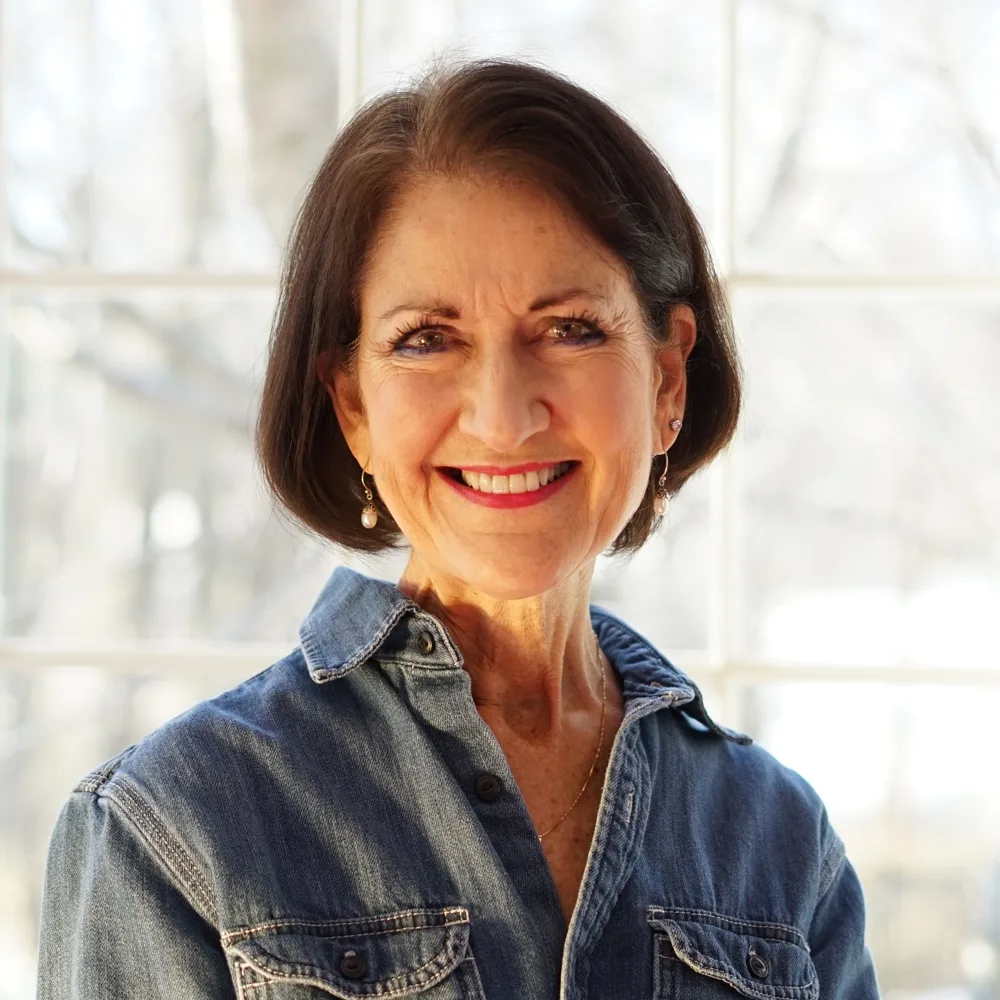Background: Elisabeth Elliot was a young missionary in Ecuador when members of a remote Amazonian indigenous people group killed her husband Jim and his four colleagues. And yet, she stayed in the jungle with her young daughter to minister to the very people who had thrown the spears, demonstrating the power of Christ’s forgiveness.
This courageous, no-nonsense Christian went on to write dozens of books, host a long-running radio show, and speak at conferences all over the world. She was a pillar of coherent, committed faith—a beloved and sometimes controversial icon. And while things in the limelight might have looked golden, her suffering continued refining her in many different and unexpected ways” (cited from https://ellenvaughn.com/elliot/)
Elisabeth was not sure what to do about all these opportunities. “I don’t feel that I can further the ‘cause’ of missions much, if that is what they want, but I could tell them some personal things the Lord has showed me . . . But I feel, too, that that is what I should be writing.”¹
She was invited to speak at the King’s College, a Christian institution in New York. Its president, a well-known evangelical leader, had never met her before. Elisabeth was put off by his instant familiarity and backslapping enthusiasm, which felt contrived to her. He escorted her to the chapel, where 400 students waited. There was a rousing hymn and then the type of introduction Elisabeth had heard many times . . . “Author, missionary to the savage Waodani who martyred” her husband and four other brave missionaries, but God used it to bring a great harvest for the Kingdom.
The president continued. “And now we’re happy to have Mrs. Elliot, who I know has a real burden for soulwinning and for getting you young people stirred up for the mission field.”
Elisabeth stood, not feeling very “stirred up” herself. She wasn’t sure she could emotionally induce young people to sign up for missions.² She believed she was there to talk about what she knew to be true, what she had experienced in Ecuador, and what she had learned about God in those hard situations. No spin.
“I fear,” she told the students in her precise and dispassionate way, “that your esteemed president has invited the wrong speaker for chapel. I want to talk simply about knowing God.”
“[The president] hadn’t a clue what I was getting at,” Elisabeth told her family later. He “said ‘Amen’ at inappropriate intervals, thanked me at the end, handed me a check, and said goodbye.”³
She went from the college chapel to a women’s luncheon for 400, with a lovely spring hat fashion show before her talk. An evening or two later she spoke at a church meeting that the acerbic Elisabeth deemed “dreadful. Hollow mockery, the show, the missionary machine, the Gospel business, the introduction of me, the total lack of comprehension of what I was saying, the sheer phoniness of everything about it. Van and I came away appalled.”⁴
A week or two later she traveled to a Christian school called Barrington College in Rhode Island to speak, along with others, at a “vision-vocation conference.”
She dreaded it.
“It was jammed, to my surprise, and I felt that it was the most eager, attentive, and intelligent audience to which I had ever spoken. It was a great pleasure, indeed, after the kind of church audiences I have faced.”⁵
She showed color slides with scenes from her time among the Waodani. She spoke on knowing God, using Isaiah 43:10 as her base, and the passage from Exodus that had been so meaningful to her in Ecuador. In it, God told Moses to do something that was in fact doomed to failure. “I will send you, I will be with you, but Pharaoh will not listen to you.”
What does faith look like, Elisabeth asked, when the “results” of obedience cannot be seen? How do we understand ministry apart from impressive statistics and victorious stories?
“Several told me they had never heard anything like it,” Elisabeth said later in the same letter to family. “The attitude of students and faculty alike was one of earnest seeking for truth, an openness and willingness to listen to something new which I simply have not found in churches—there seems to be such intellectual sterility, such insufferable bigotry in the churches.”
Elisabeth spent several nights at the school, which was housed on a former estate from the early 1920s, with heavy stonework, bleak rooms, sweeping lawns, and pools with dolphin statues. It reminded her of Wuthering Heights. But each speaking session buoyed her. A faculty gathering made her feel that “there were still a few people in the world who are on my wave-length! And naturally one cannot help feeling that those who see his point are exceptionally intelligent,” she joked in a letter to her family. “I have never had so many kind expressions of appreciation, and the people there treated me like a human being, instead of a commodity, which is the feeling I usually get.”⁶
She spoke on the book of Job, an ongoing theme in her study and contemplation. She was fascinated by Job’s honesty before God, and the fact that, far from condemning Job for impertinent questions, God commended him for that honesty. Elisabeth spoke about “the dishonesty in mission representation, our false sense of what it means to believe God, our mistaken idea of what it means to serve God.”
To Elisabeth, Job’s friends who had assumed that God could only act in certain ways, and therefore Job must have sinned in order to bring such suffering upon himself, were like modern-day Christians who put God in a box. She was “disturbed by the tendency of missionary speakers to sidestep their real questions and try to defend the Gospel which they don’t really understand themselves.”
God was mysterious. The universe was not so predictably dictated by cause and effect. When Job’s poor friends equated Job’s suffering with God’s judgment of sin in his life, they “were up against something far too big for them, something their categories did not cover. So, rather than admit to ignorance, they resort to oversimplifications, snap judgments, easy cliches—which amount to lying.”
















0 Comments